Digital Humanities Summer Fellowships
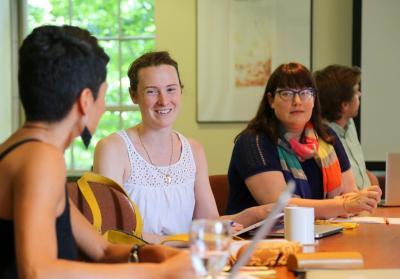
The Simpson Center offers annual summer fellowships for faculty and graduate students to pursue research projects that use digital technologies in innovative and intensive ways and/or explore the historical, social, aesthetic, and cross-cultural implications of digital cultures. The program has three primary goals:
- To animate knowledge—using rich media, dynamic databases, and visualization tools
- To circulate knowledge—among diverse publics
- To understand digital culture—historically, theoretically, aesthetically, and generatively
The Simpson Center gratefully acknowledges the support of a National Endowment for the Humanities Challenge Grant and the Andrew W. Mellon Foundation as well as many donors to the endowment which is underwriting these fellowships.
2025 - 2026 Digital Humanities Summer Fellows
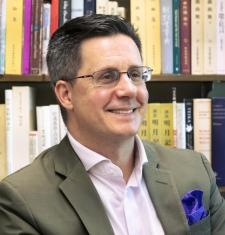
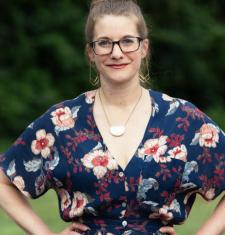
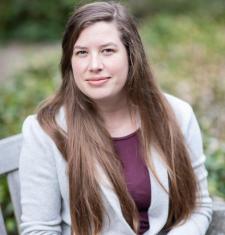
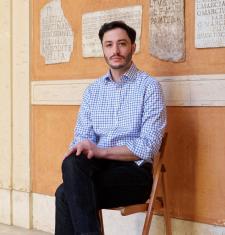
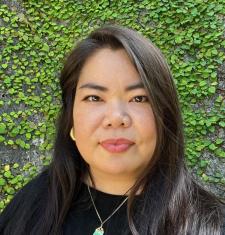
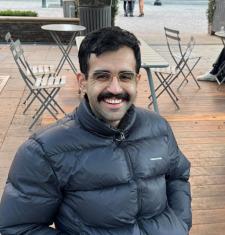
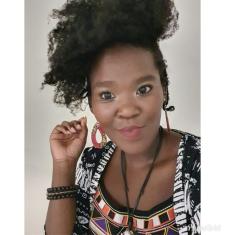
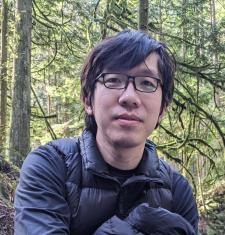
2018 - 2019 Digital Humanities Summer Fellow
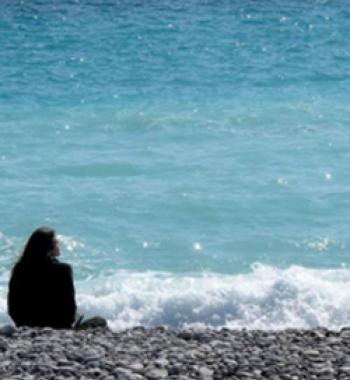
Sarah Ross (she/her/hers)
The Poiesis of Image-Signs in Modernist Cinema: A Poetic Investigation of Things
This project proposes to utilize videographic criticism to visually connect ‘high modernist” films of the 1960s and 1970s to early 20th century avant-garde “collage” as both an aesthetic and philosophical practice. Through a logic of fragmentation, reduction, re-assemblage, and collage, early avant-garde artists de-contextualized familiar objects, signs, and images, revealing the structural formations of cultural, social, political, and linguistic organizational systems. This project proposes to link these earlier practices to modernist filmmakers’ cinematic sign-creation through their shared phenomenological and poetic investigation of the relationship between “things” and consciousness.